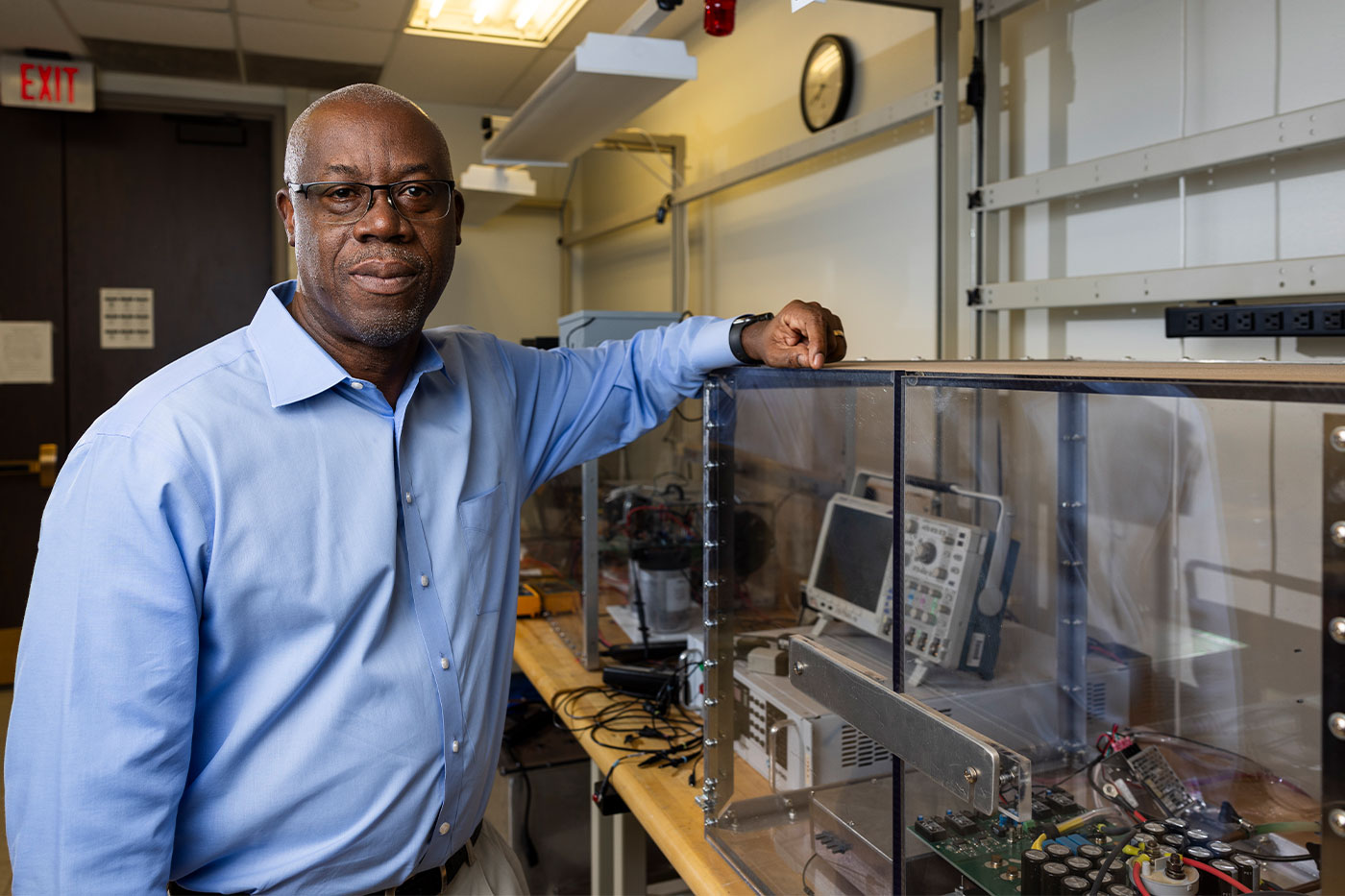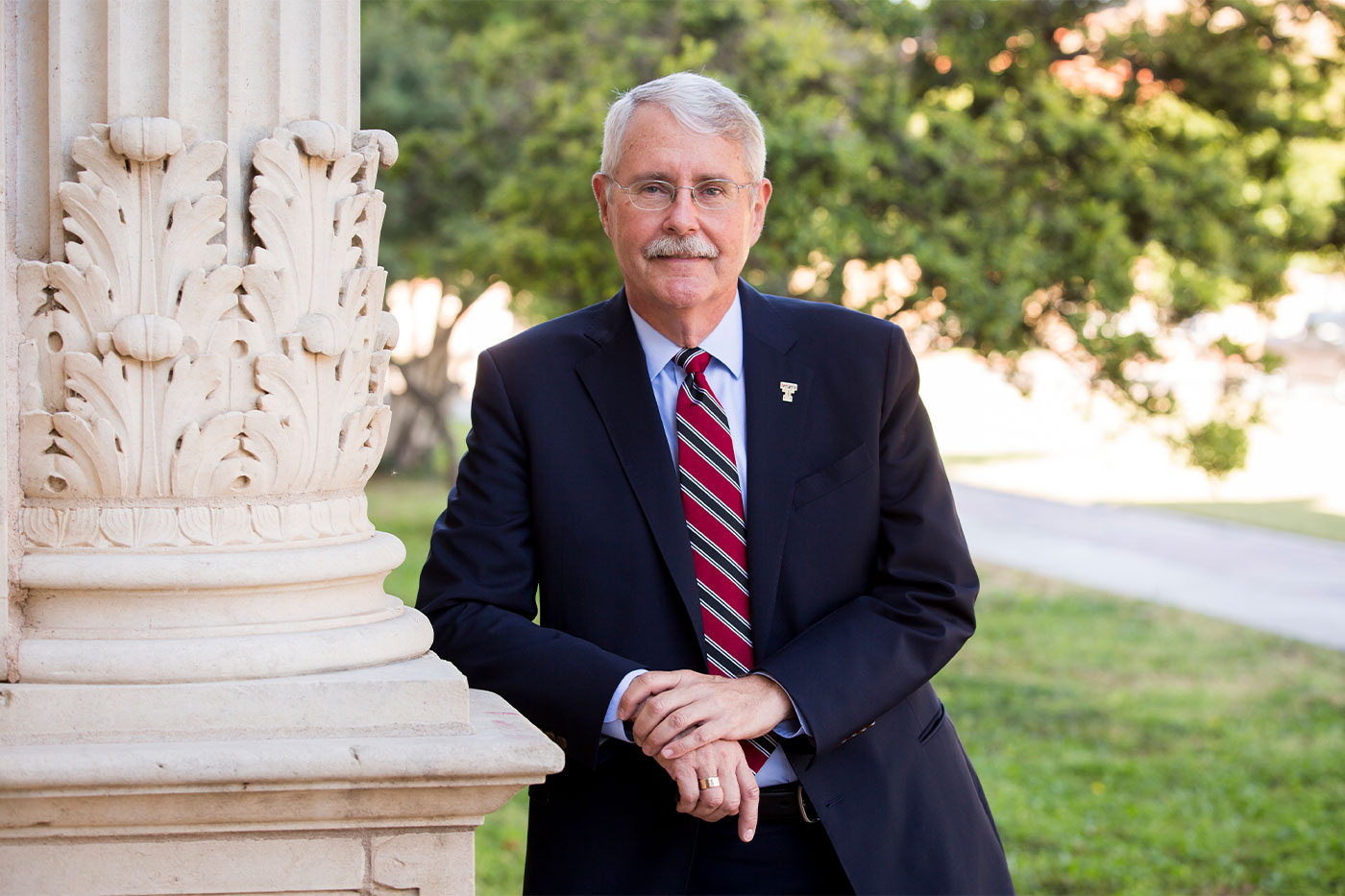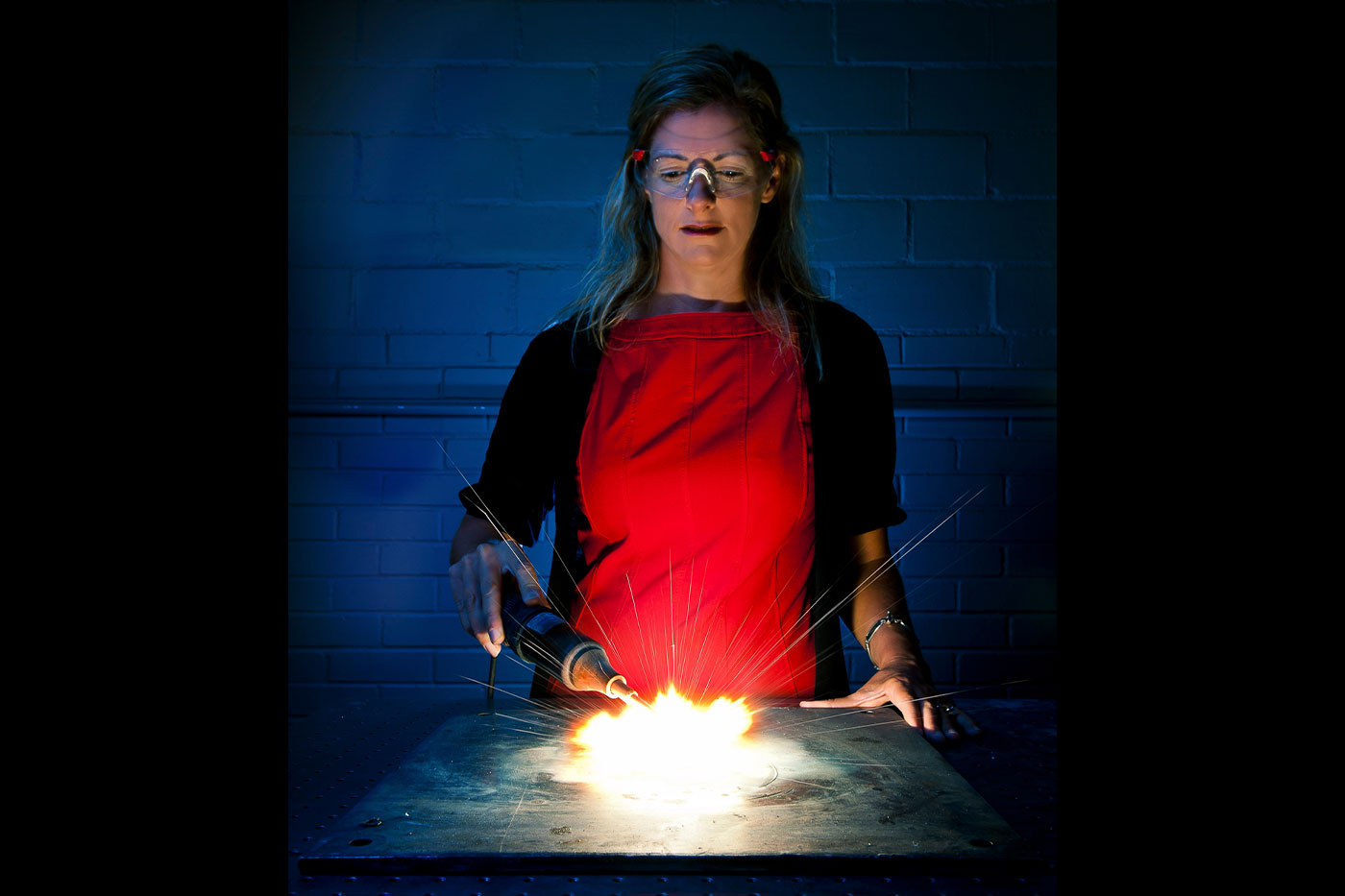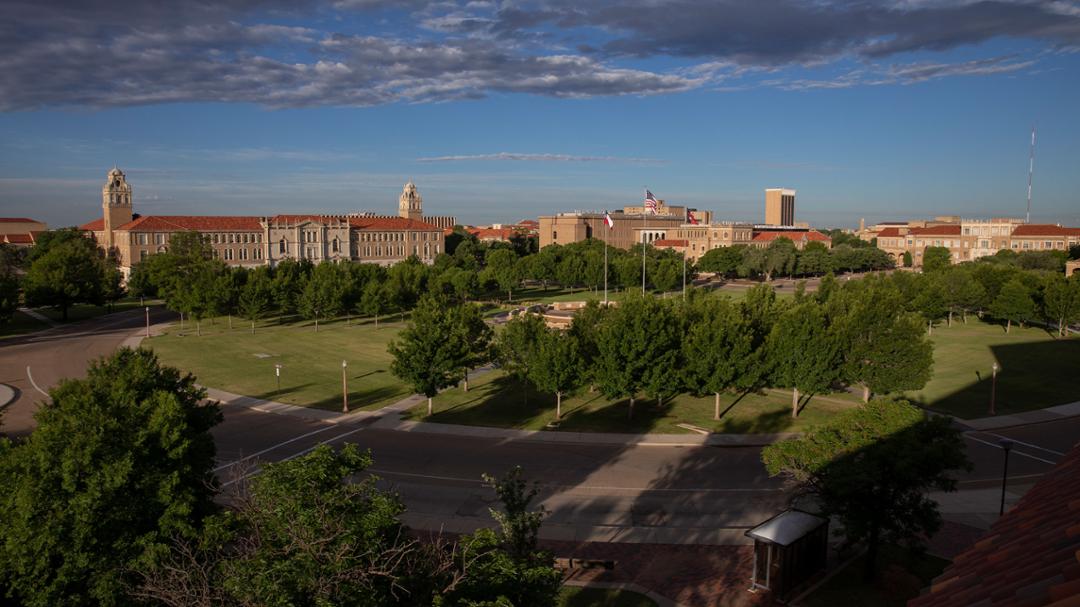The Lubbock campus is continuing its tradition of supporting national security interests through projects that include one of the largest grants in Whitacre College history.
Multiple research teams from across Texas Tech University recently received grants from the U.S. Department of Defense (DOD) and the U.S. Department of Energy (DOE), highlighting the university’s continued assent as a leader in the area of national security.
The DOD’s Army Research Lab awarded a team at Texas Tech $6.4 million for a project titled “Workforce Development for Research in Advanced Materials and Cognitive Radar Technology.”
Vice Chancellor for Innovation & Collaboration Stephen Bayne is leading the group with the grant spread out across multiple areas within the university. Bayne, aside from being a vice chancellor, is the executive director of the newly formed Critical Infrastructure Security Institute (CISI). You can read more about his work here.

In total, nine Texas Tech faculty members will collaborate on the project with experts in pulsed power and electronics, nanotechnology, mechanical engineering, chemistry and strategic partnerships all taking part.
“Texas Tech University has an impressive range of research related to U.S. National Security, including the protection of critical national infrastructure and support for our nation’s energy, food and telecommunications security,” said Vice President for Research & Innovation Joseph Heppert. “We are extremely proud of all aspects of Texas Tech’s scholarly and creative activity but are particularly honored that our researchers contribute directly to the welfare and security of our nation.”

Among the other Edward E. Whitacre Jr. College of Engineering researchers on the workforce development project is Michelle Pantoya, the J.W. Wright Regents Chair in Mechanical Engineering and director of the Combustion Lab at Texas Tech.
Pantoya currently has a leading role in projects from the Army Research Office on novel metal surface chemistry for fast reacting fuel particles and for the Energetic Material Basic Research Center (EMBR). Her work also is being funded by the University Consortium for Applied Hypersonics for a project involving control of motor performance, and through the Army Research Office’s Minority Serving Research and Development Consortium for consumable fragment research development.

To read more about Pantoya’s work, including a project to make firearms safer, click here.
Other recent national security grants include:
- A DOE and Sandia National Laboratories grant to Strategic Partnerships for semiconductor opening switches for solid-state pulsed power, awarded to Argenis Bilbao, the senior director of Global Laboratory for Energy Asset Management & Manufacturing.
- A DOD Army Research Office grant to Department of Electrical & Computer Engineering (ECE) professor Ravindra Joshi to study the biological effects of thermal and nonthermal directed energy.
- A DOD Army Research Lab grant to a group of researchers from the Center for Pulsed Power & Power Electronics, including ECE professors John Mankowski and James Dickens, Horn Distinguished Professor Andreas Neuber and assistant professor Jacob Stephens, to conduct a high-powered microwave source assessment.
- A DOE and Sandia National Laboratories grant to the same group of researchers to study electron emission from dielectric surfaces.
- A DOE National Nuclear Security Administration and Mission Support and Test Services, LLC grant to Neuber for a feasibility study into two pulsed power sources of different impedance driving a nonlinear load.
- A DOE and Sandia National Laboratories grant to Department of Geosciences research scientist Kelcy Brunner and professor Eric Bruning to study optical signals from lightning.
- A U.S. Department of Homeland Security and Auburn University grant to Animal & Food Sciences associate professor Nathan Hall to study detection canine sciences, innovation, technology and education.
- A DOD Army Research Office and MSI STEM Research & Development Consortium grant awarded to Renewable Energy assistant professor Manohar Chamana to investigate cyberattack detection using deep-learning techniques in the Industrial Internet of Things solutions for manufacturing.
- A DOD grant awarded to ECE associate professor Hieu Nguyen to study high-performance III-nitride nanostructured light-emitters that could lead to high-power light-emitting diodes (LEDs) and laser diodes (LDs).

